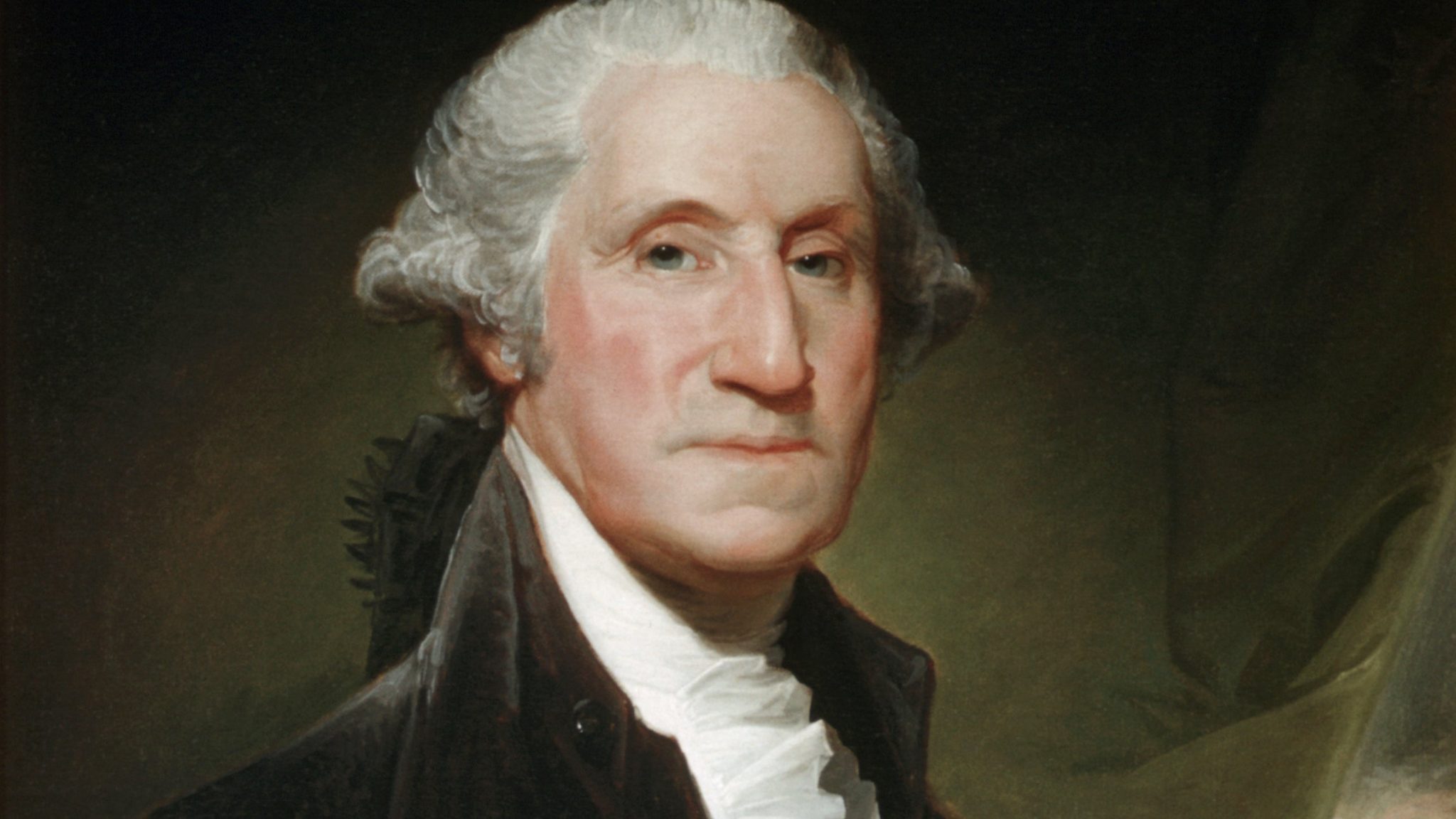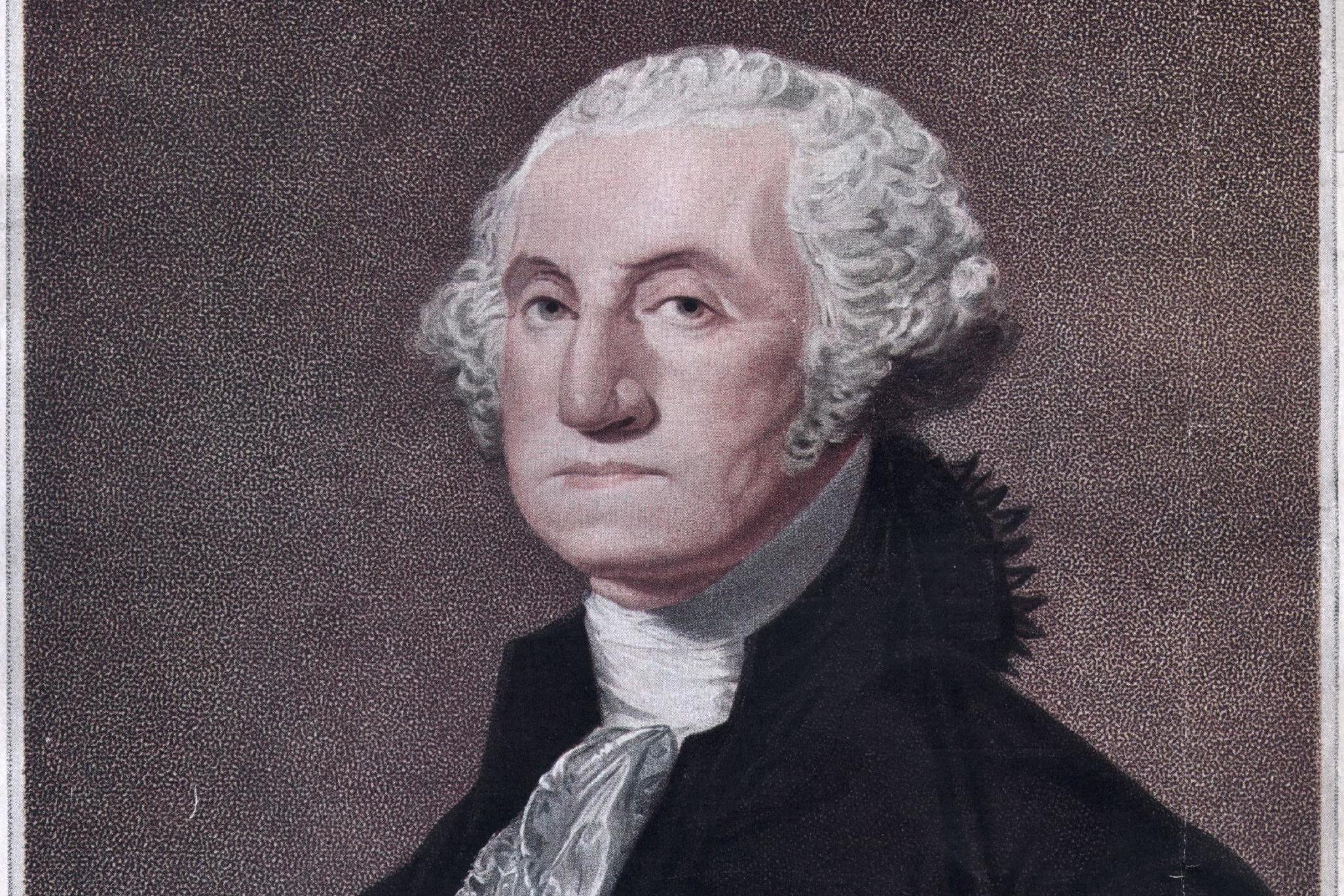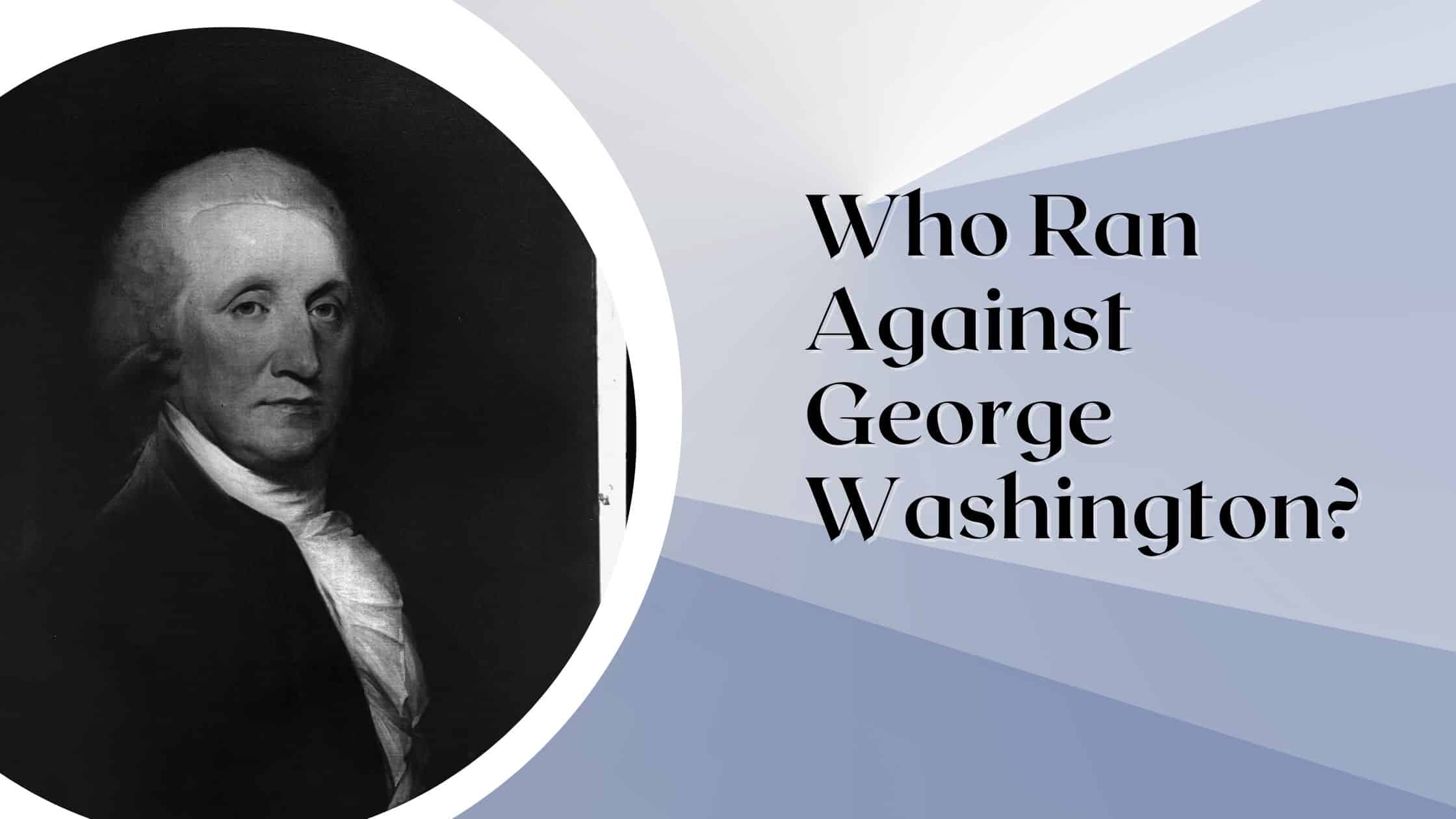George Washington: The First President and Father of the Nation
In the annals of American history, George Washington stands as a towering figure, revered as the "Father of the Nation" and the first president of the United States. His legacy is inextricably intertwined with the founding of the republic and continues to shape the nation's identity. However, the complexities of Washington's life and presidency offer a multifaceted portrait of a man who was both a visionary leader and a flawed human being. This essay will critically examine the complexities of George Washington, delving into his character, accomplishments, and controversies, to provide a nuanced understanding of his legacy.
The Character of George Washington
George Washington was born on February 22, 1732, in Westmoreland County, Virginia. His upbringing instilled in him a strong sense of duty, honor, and leadership. From a young age, he displayed a remarkable capacity for self-discipline, ambition, and strategic thinking.
Washington's military career began during the French and Indian War, where he served as a commander in the Virginia Regiment. His bravery, leadership, and organizational skills earned him recognition and respect. These experiences would prove invaluable when he later assumed the mantle of the Continental Army during the American Revolutionary War.
As a military commander, Washington faced numerous challenges. He confronted dwindling supplies, desertions, and a formidable enemy. However, his resilience, leadership, and determination helped guide the Continental Army to victory. His strategic brilliance was evident in battles such as Trenton and Yorktown, which ultimately led to the defeat of the British.
The Presidency of George Washington
In 1789, George Washington was unanimously elected as the first President of the United States under the newly ratified Constitution. His presidency was marked by both accomplishments and controversies.
One of Washington's most significant achievements was his role in establishing the federal government. He appointed talented individuals to key positions, including Alexander Hamilton as Secretary of the Treasury and Thomas Jefferson as Secretary of State. Together, they worked to create a stable and functioning government that would serve the needs of the young nation.
Washington also played a crucial role in foreign policy. He pursued a policy of neutrality during the French Revolution, maintaining peace and stability at a time of international turmoil. His Farewell Address, delivered in 1796, warned against foreign entanglements and cautioned against political extremism, principles that would shape American foreign policy for generations to come.
However, Washington's presidency was not without its controversies. The infamous Whiskey Rebellion in 1794 tested his authority and resulted in the use of federal troops to quell the uprising. His decision to sign the Fugitive Slave Act, which allowed for the return of runaway slaves to their owners, drew criticism from abolitionists.
The Complex Legacy of George Washington
George Washington's legacy is a complex and multifaceted one. He is celebrated as a heroic figure who led the fight for independence and established the foundations of the American nation. However, he was also a slave owner, who held hundreds of people in bondage throughout his life.
Historians have debated the morality of Washington's slave ownership, with some arguing that it was a product of his time and social context, while others condemn it as an indefensible act. The issue of slavery continues to cast a shadow over Washington's legacy and raises important questions about the nation's founding principles.
Despite his flaws, Washington's contributions to the United States are undeniable. He was a transformative leader who guided the nation through its formative years and set it on a path toward greatness. His leadership, vision, and example continue to inspire generations of Americans.
Conclusion
George Washington remains a towering figure in American history, a symbol of courage, leadership, and nationhood. His legacy is both a source of pride and a reminder of the complexities of the nation's founding. By critically examining his life and presidency, we gain a deeper understanding of the challenges and triumphs that shaped the United States, and the enduring impact of one of its most influential founding fathers.
Chris Martin: The Voice Of Coldplay Who Inspires The World
Harry S. Truman: The Man Who Ended World War II And Began The Cold War
Kim Jong-un: The North Korean Leader Whose Actions Create Global Debate



